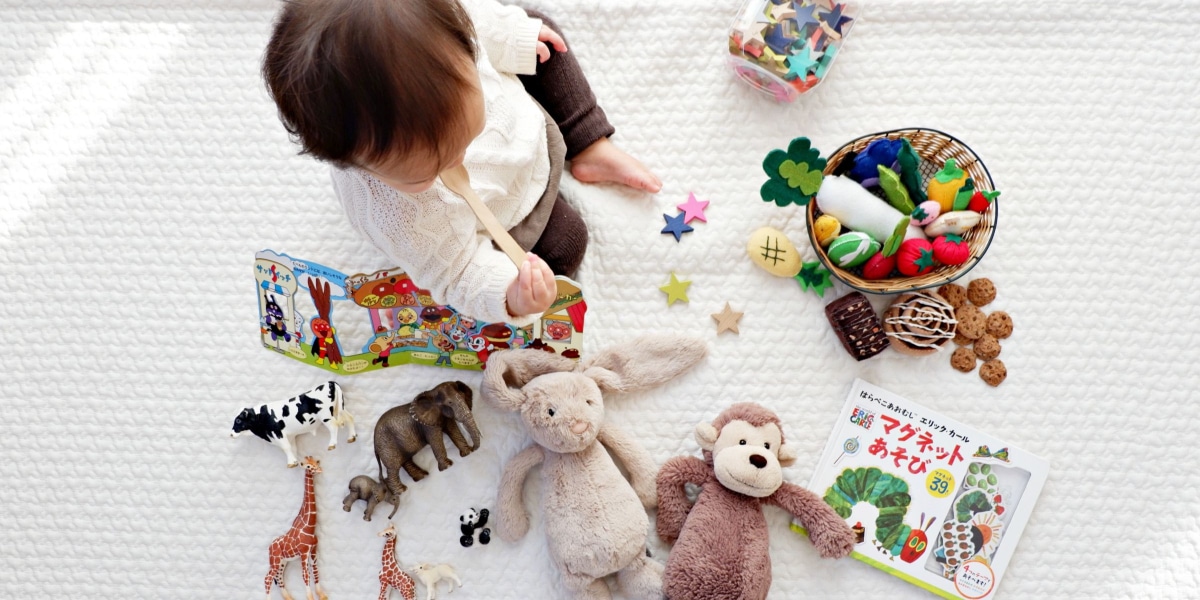
Schulgold at the German Bundestag!
We have really exciting news for you! You probably know that Karolina and I started Schulgold about 4.5 years ago because we thought it was terrible how little our own children were learning about money and how to handle it at school. With around 35 years of experience in the industry, we are both ‘in the know’ and we didn’t just want to get upset about it. We wanted to take action. So we did! Maybe you and your parents have been to one of our workshops, or even the Finance Festival (see also on our main page). An initiative like this takes a lot of patience and perseverance… and just recently, we received the best feedback for our work that we could have wished for: We were invited as experts to the Children’s Commission at the Bundestag! The invitation arrived one day in Karolina’s letterbox…but it looked quite official! “Uh-oh…?” At first I was a bit… well, you know how it is with ‘official’ letters… often nothing good! The opposite was the case here: A genuine invitation to the Children’s Commission of our Bundestag! Topic: “Factors that can determine educational and development opportunities: Economic and financial education” Perhaps we need to give you a little more context. The Bundestag works outside of parliament in so-called commissions. These are basically working groups with a specific topic. It’s like studying math together for an exam. Now, these members of parliament can’t know everything about everything, so they get advice and insight from people who know a lot about it – these are the so-called experts. Plus, the whole thing is made very transparent and public, which we all benefit from. This is something you might see on YouTube, and now you can actually find the entire session there: Click here to do so. And because it is also quite official, a so-called verbatim transcript is also published, which can be viewed publicly here: To the verbatim record. Admittedly, it’s not exactly a short text, but our communications consultancy stubbornly claims it’s amazingly readable and interesting in terms of content. So if you want more than this blog article, you’ve come to the right place. Now let’s get to the main event… On June 12, at 2 p.m., we arrived a little early at the slightly chilly but pleasantly businesslike halls of the Bundestag. As is usual in such buildings, you first have to pass through security barriers and so on. After all, there are a lot of important people in the building! Then it started. The meeting was chaired by…. KiKo, the mascot! No, of course not. But it’s funny that Kiko was taking part, isn’t it? Chairman Matthias Seestern-Pauly opened the meeting, letting everyone know once again that the meeting would be recorded, how much time had been scheduled and so on. He also gave us all a bit of context: “Whether it’s setting up an account, concluding contracts, making provisions for old age or generally getting a feel for money, financial education plays an important role at any age. This makes it all the more important to sensitize children and young people to this topic and make them fit for the future […].” We should discuss how the important topic of financial education can find its way into our schools, and from what age it would make sense. Good question! Then it was Dr. Kluxen-Pyta’s turn. To put this in context, she investigates the issue from the perspective of employers’ associations. The association represents 1 million companies with around 30 million employees (in other words, almost all of them!). Here she is: We found the following statements from her particularly exciting: “In our opinion, economic education must be part of general education today and is part of the educational mandate of general education schools, because economics concerns everyone.” “It [Financial education] must play a greater role than before.” “Young people should decide and act with self-confidence, maturity, expertise and good judgment. […] They therefore need a sound knowledge of the social and economic context.” “Young people themselves also recognize this need.” She also shared a few exciting facts on financial education from a survey conducted by the banking association: ⅔ of respondents stated that they had “learned very little about economics and finance” ¾ of respondents would like to see “more economic knowledge taught at school” ¾ of respondents would have preferred to be offered the subject “Economics” at school Source: Bankers Association survey There was also feedback on topics that young people would like to see more of: Dealing with money Retirement provision Economic systems in general Everyday money knowledge Dealing with life risks From her point of view, it would be ideal to have economics as a school subject. This has already been tested and a look at the results shows the following: There are big (positive) differences between students who take economics as a subject compared to those who do not. Dr. Kluxen-Pyta would also like to see more education in schools about the connection between companies, the economy and prosperity. I’m sure you can already guess where this is going… If you’re well prepared, you can discuss a lot in a short time, can’t you? In any case, we were very pleased with the good presentation… …because now it was our turn! Babett started right away with a typical question that we often hear in our workshops for young people and children: “Why do kebabs cost so much now?” That’s a very good question. It allows us to explain inflation to kids. Kebab prices are a good example of how knowledge can provide more clarity. For example, a big gap exists between ‘official’ and actual inflation. For example, this is something that comes up again and again: Young people and children want to understand very tangibly how money works in everyday life. Here are a few of our key statements: “In our financial workshops, we realize time and again that financial education starts





